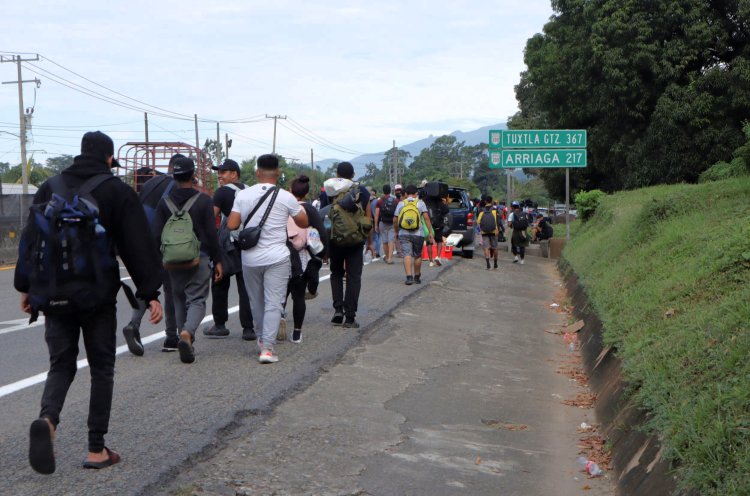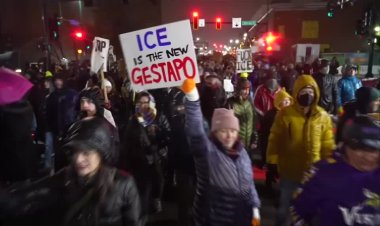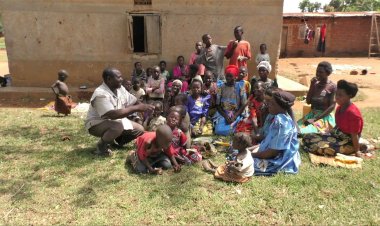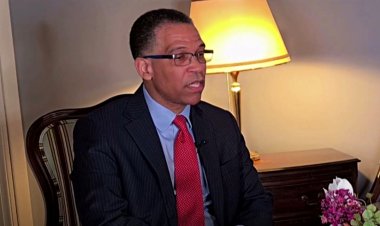Migrants in Mexico face growing uncertainty

Migrants traveling through Mexico hoping to reach the US face many perils, such as crime, weather and hunger, and uncertainty grows with the inauguration of President-elect Donald Trump on January 20.
Those waiting for their CBP appointment, which would allow them to seek asylum in the US, are growing less optimistic about getting an interview before Trump takes office. That could leave thousands of migrants like Montenegro in limbo and facing the choice of trying to cross into the US illegally, staying in Mexico, or returning home.
A dozen migrants interviewed in Mexico said they would prefer to return to their countries despite the ongoing issues that drove them to migrate, such as poverty, lack of employment, insecurity, and political crises.
That is too small a sample size to draw clear conclusions of how migrants will react after Trump takes office, and much will depend on exactly what policies he implemented and how.
Organized crime has established extensive human trafficking networks across Mexico, making the journey north through the country treacherous. Mexico is plagued by violence, with around 30,000 people murdered a year and over 100,000 people officially registered as missing.
Many migrants are extorted, beaten, raped, forced to commit crimes, and even killed. The Mexican government attempts to slow the arrival of migrants at the US border, by busing and flying non-Mexican migrants to the country's south, adding to the risk.
Mexico's presidency and National Migration Institute did not immediately respond to requests for comment.
The International Organization for Migration said that in the last seven years, it has assisted several thousand migrants — especially Central Americans — return voluntarily from Mexico to their home countries, including victims of violence. However, it declined to provide specific figures.















